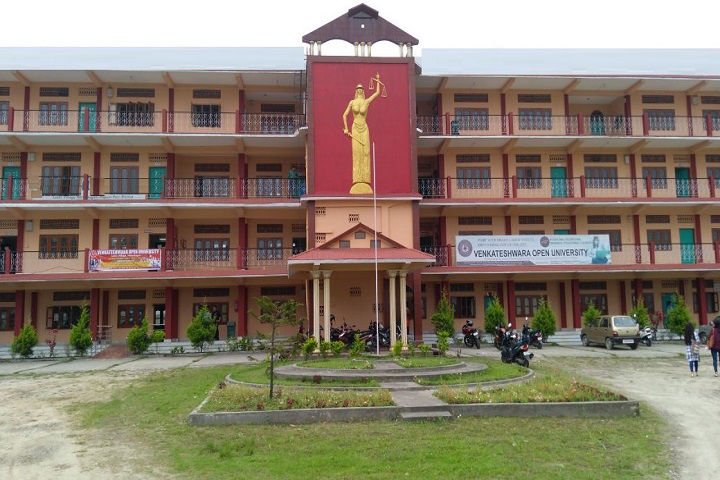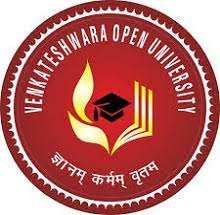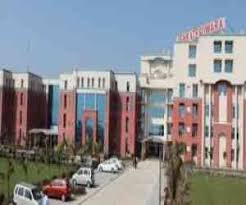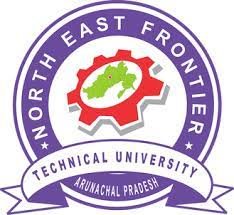Future Scope & Benefits: Master of Arts in Sociology
A Master of Arts (MA) in Sociology offers graduates a profound understanding of human societies, social structures, and the complex dynamics that shape our world. While it equips students with valuable knowledge and skills, including critical thinking, research, and analytical abilities, it also opens up a wide range of future opportunities and benefits beyond the realm of traditional careers. A MA in Sociology offers graduates a broad range of benefits and future opportunities beyond specific career paths. It equips them with a deep understanding of society, research proficiency, critical thinking skills, and the ability to navigate a diverse and interconnected world. Whether they choose to pursue careers in academia, research, advocacy, or various other sectors, sociology graduates are well-prepared to make a positive impact on society and address the complex challenges of the 21st century.
1. In-Depth Understanding of Society: An MA in Sociology provides an in-depth understanding of the multifaceted aspects of society. Graduates gain insights into social behavior, culture, institutions, and how they interact. This knowledge equips them to navigate the complexities of the modern world and contribute to informed decision-making in various contexts.
2. Research Proficiency: The program emphasizes research methodologies, data analysis, and critical evaluation of social phenomena. Graduates develop strong research skills that are valuable in academia, public policy analysis, and various research-oriented roles in both the public and private sectors.
3. Analytical and Critical Thinking: Sociology fosters critical thinking and analytical skills. Graduates learn to examine issues from multiple perspectives, question assumptions, and analyze data to make evidence-based conclusions. These skills are essential in solving complex societal problems and making informed judgments.
4. Cultural Competency: Sociology often involves the study of diverse cultures, societies, and communities. Graduates become culturally competent, enabling them to interact effectively with people from different backgrounds and navigate multicultural environments.
5. Interdisciplinary Versatility: Sociology is inherently interdisciplinary, drawing on elements of anthropology, psychology, economics, and more. Graduates can apply their interdisciplinary knowledge to various fields and adapt to changing career demands.
6. Social Awareness and Advocacy: Sociology cultivates a strong sense of social justice and an understanding of social inequalities. Graduates are often passionate advocates for positive change, whether through policy advocacy, community engagement, or social activism.
7. Global Perspective: Sociology explores global issues and encourages a global perspective. Graduates are equipped to understand and address international challenges, making them valuable assets in the globalized workforce.
8. Adaptability to Change: Sociologists are skilled at studying societal shifts and adapting to change. This adaptability is invaluable in today's rapidly evolving world, where new challenges and opportunities continually emerge.
9. Leadership and Communication Skills: Graduates often develop strong leadership and communication skills. They can articulate complex ideas, facilitate discussions, and lead teams effectively, which is essential in various professional roles.
10. Lifelong Learning and Intellectual Curiosity: Pursuing an MA in Sociology fosters a love for lifelong learning and intellectual curiosity. Graduates tend to remain engaged with social issues, research, and knowledge acquisition throughout their careers.
11. Civic Engagement: Sociology encourages civic engagement and community involvement. Graduates often take an active role in addressing societal issues and contributing to the betterment of their communities.
12. Teaching and Mentoring Opportunities: Many sociology graduates find fulfillment in teaching and mentoring others. They can impart their knowledge and passion for sociology to the next generation of students.
13. Capacity for Systems Thinking: Sociologists are adept at thinking in terms of systems and understanding the interconnectedness of social structures. This systems thinking is valuable in addressing complex problems in various domains.
14. Preparation for Further Education: An MA in Sociology can serve as a stepping stone for further education, such as pursuing a Ph.D. in Sociology or related fields. This can lead to careers in academia, advanced research, and policy analysis.
15. Versatility Across Sectors: The skills acquired through an MA in Sociology are versatile and applicable across sectors. Graduates can find opportunities in government, non-profit organizations, private companies, healthcare, education, and more.
16. Contribution to Social Well-being: Many sociology graduates find immense satisfaction in contributing to the well-being of society. They work towards creating positive social change and addressing pressing societal issues.
17. Personal Growth: Pursuing a master's degree in sociology is a journey of personal growth and self-discovery. Graduates often develop a deeper sense of empathy, self-awareness, and a broader worldview.
18. Networking and Collaboration: The program often involves collaboration with peers, professors, and professionals. Graduates build valuable networks that can benefit them throughout their careers.
19. Adaptability to Different Roles: Sociology graduates are well-equipped to take on various roles within organizations due to their ability to understand social dynamics, human behavior, and organizational culture.
20. Impact on Public Policy: Graduates can contribute to the development and evaluation of public policies that address societal issues, making a significant impact on governance and social welfare.
 2 Years
2 Years
 Post Graduate
Post Graduate
 Arts
Arts














 back
back